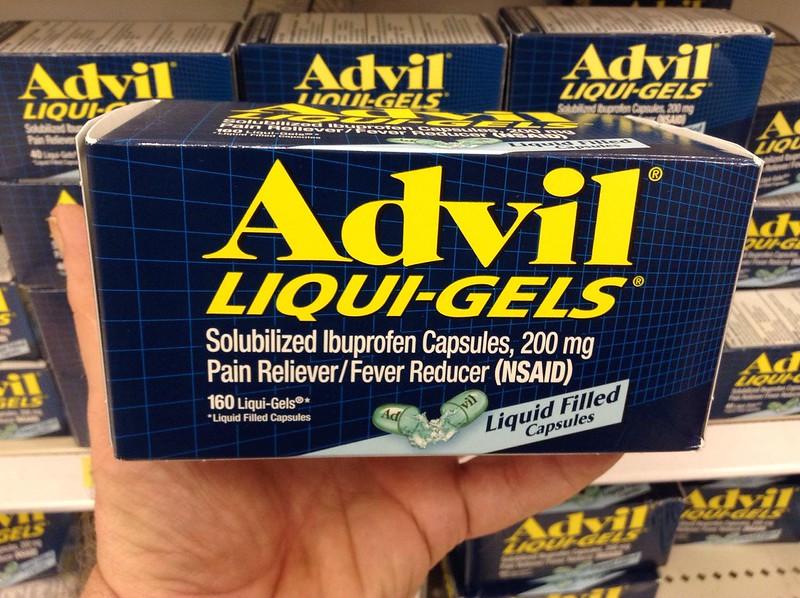
Advil and Theraflu are products widely recognized by consumers, and though Pfizer did not develop those medicines it owns a stake in those and other over-the-counter healthcare brands thanks to a deal it struck with GSK. Now it’s cashing out to the tune of nearly $16 billion.
The consumer products are part of a joint venture that GSK and Pfizer formed in 2019 that is majority-owned by the British pharmaceuticals giant. GSK is set to spin off the joint venture next month as an independent, publicly traded company named Haleon.
The Haleon ownership split is currently 68% GSK, 32% Pfizer. GSK states in its investor materials that that when the spinoff happens, 80% of its Haleon stake will go to GSK shareholders. All GSK shareholders will receive one Haleon share for each GSK share that they own. Pfizer said Wednesday that it plans to sell its entire stake. In its first quarter 2022 financial report, Pfizer said its share of the joint venture was valued at $15.8 billion.
The consumer health joint venture was originally a deal struck between GSK and Novartis. In 2018, GSK paid $13 billion to buy Novartis’s 36.5% stake. Pfizer entered the picture soon after, setting the stage for the spinoff that is currently underway. When GSK and Pfizer formed their joint venture, GSK said that within three years it planned to separate that consumer health business as independent, publicly traded company. Pfizer said Wednesday that selling its ownership interest keeps with the company’s “transformation into a more focused, global leader in science-based innovative medicines and vaccines.”
GSK and Pfizer’s planned moves come as many healthcare industry giants choose to focus on innovative new products, which means that consumer brands and legacy products no longer fit their corporate strategies. Two years ago, Merck spun out its women’s health business and off-patent drugs into a new, publicly traded company named Organon. Becton Dickinson completed the spin off its diabetes company as publicly traded company called Embecta in April. Johnson & Johnson is in the process of separating its consumer health operations from its pharmaceuticals and medical device divisions.
The separation of Haleon from GSK requires approval by GSK shareholders. Government bodies and regulators also must sign off on the deal. GSK has scheduled a general meeting and shareholder vote for July 6. If approved, the Haleon is expected to launch on July 18. When the separation of the healthcare business is complete, Haleon will list its shares on the London Stock Exchange. Soon after, it plans to file paperwork in the U.S. for the listing of American depositary shares.
Photo by Flickr user Mike Mozart via a Creative Commons license












